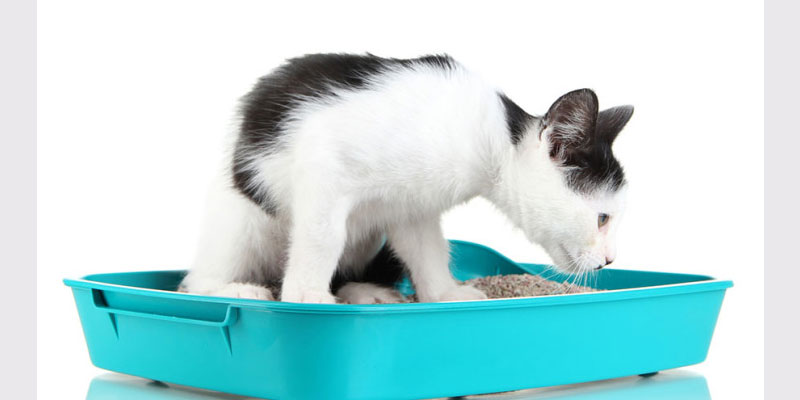What is Feline Idiopathic Cystitis In Cats?
Cats can suffer from many diseases, either external or internal. As pet parents, we might often be diligent to protect and treat our cats from external diseases. Therefore, it is imperative for pet parents to also be aware of other diseases that cats deal with. And that’s the reason we’re going to talk about Feline Idiopathic Cystitis.

Cats can suffer from many diseases, either external or internal. As pet parents, we might often be diligent to protect and treat our cats from external diseases. Therefore, it is imperative for pet parents to also be aware of other diseases that cats deal with. And that’s the reason we’re going to talk about Feline Idiopathic Cystitis.
What is Feline Idiopathic Cystitis?
Feline Idiopathic Cystitis is the most common form of feline lower urinary tract disease. Cystitis is a general term that refers to inflammation in the urinary bladder. Feline Idiopathic Cystitis appears to bear many similarities to a disease in humans called interstitial cystitis. Although numerous different diseases can affect the lower urinary tract, many cats develop a disease without any obvious underlying cause.
Causes of Feline Idiopathic Cystitis
Cystitis refers to inflammation of the bladder. Not only genetics but the environment also plays an important role to contribute to instigating Feline Idiopathic Cystitis in cats. Following are the potential causes of FIC in the cat:
- Bladder Infection
- Bladder stones
- Urethral obstruction
- Interstitial cystitis
- Stress
- Abnormal stress responses
- Neurogenic Infection
Symptoms of Feline Idiopathic Cystitis
Here are the common symptoms of FIC that can be observed in your cats
- Straining while passing urine
- Vocalizing while urinating
- Lack of appetite
- Irritability
- Blood In Urination
- Urinating outside the litter box
- Frequent attempts to urinate
Diagnosis of Feline Idiopathic Cystitis
There is no specific diagnostic test that will confirm a cat is suffering from FIC. Therefore, diagnosis can only be made by excluding other recognized causes of FLUTD. This means that cats should be investigated through.
- X-rays
- Ultrasound
- Analysis and bacterial culture of urine samples
Treatment & Prevention of Feline Idiopathic Cystitis
The treatment of Feline Idiopathic Cystitis depends on the clinical signs that are observed in cats suffering from FIC. Though FIC in cats can’t be cured it can surely be managed. If your cat is suspected to have FIC by your veterinarian, there are some things you can do at home to help prevent symptoms.
- Stress reduction
- Environmental enrichment
- Dietary modification
- Litter box hygiene
- Regular veterinarian preventative care
- Encourage water consumption
Preventing FIC in cats is not always possible. But, the above-mentioned factors can greatly promote the well-being of your cat and help to control FIC. Moreover, ensure to consult your vet and if he/she recommends a therapeutic diet for your cat, you should continue it unless he indicates otherwise. Do not initiate any changes in your cat’s daily routine before you consult your vet.

David joined CanadaVetCare in 2013 as a product analyst and veterinary assistant. Being a passionate pet lover and keen animal health researcher, David had always found ways and solutions to help pet parents to improve their pets’ health. He is always happy to answer pet health-related queries and recommending pet parents for the right pet product for their furry companions.

